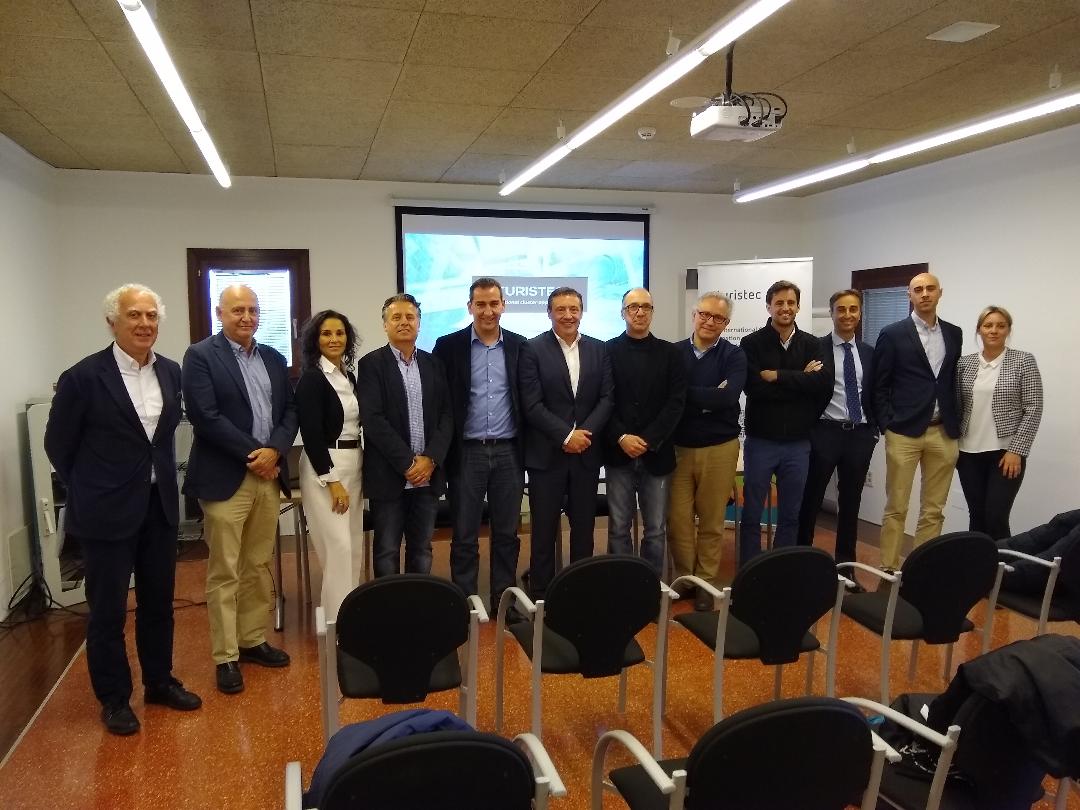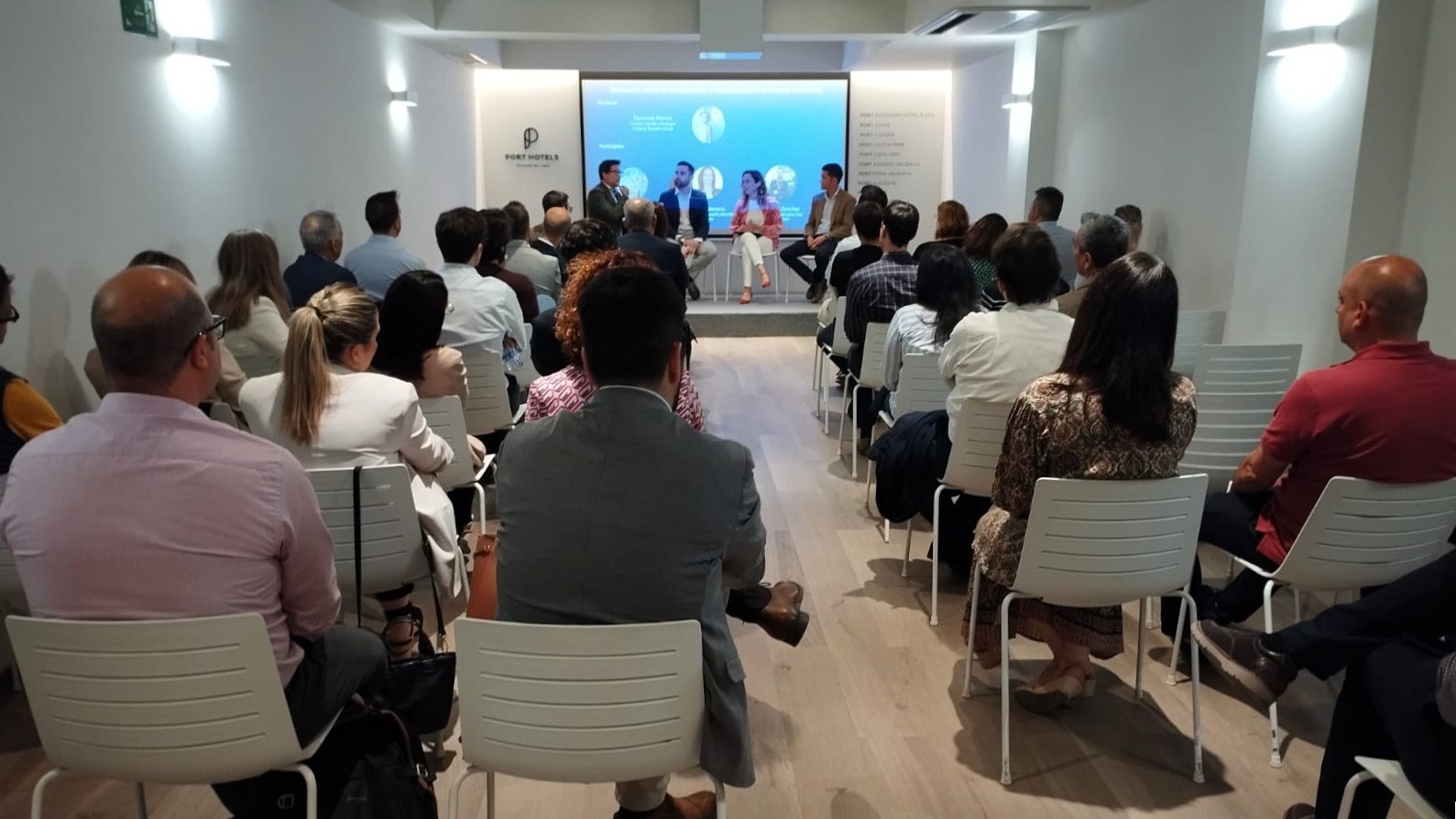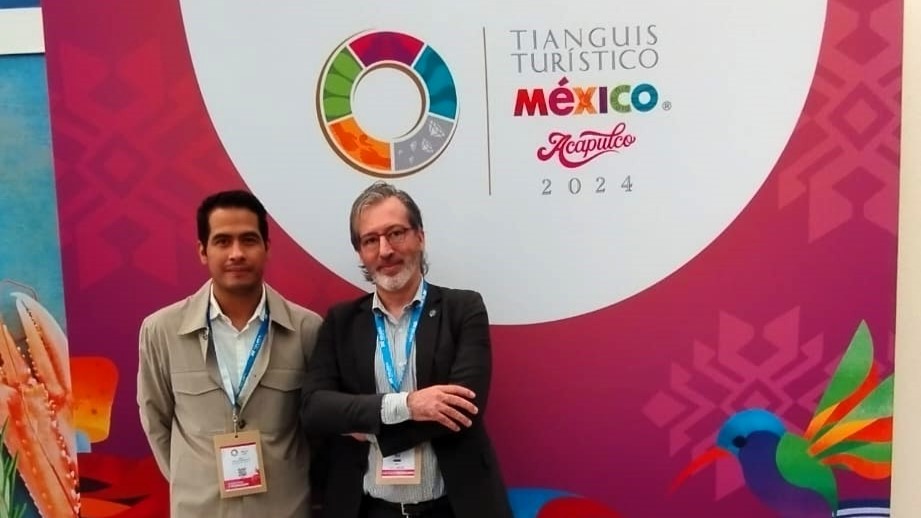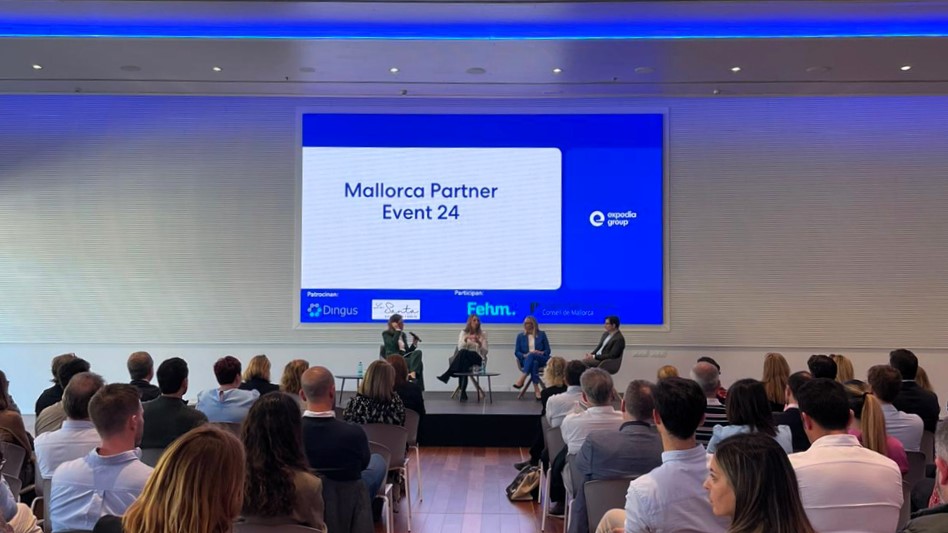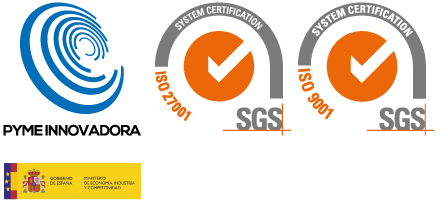- Jaume Monserrat launches a new mandate at the head of the international cluster based in the Balearic Islands, giving more impetus to an ICT-Tourism ecosystem that grows in small, medium and large companies, along with freelancers and startups.
Mallorcan businessman Jaume Monserrat, CEO and co-founder of Hitt Group (the corporate seal of our brands Dingus and Etoolinnovation), has been re-elected to chair for two more years the International Cluster of Information and Communication Technologies applied to Tourism. In the last ten years, Turistec “has gone from being a homogeneous structure in terms of business composition and partnerships, to becoming a heterogeneous ecosystem, where the need for specialisation is the key to growth and competitiveness“. After receiving the support of the partners, Monserrat bases the new stage “on a project of adaptation to this reality, understanding that technology in its broadest expression must cease to be perceived as a purely transversal element to become strategic, with the capacity to influence new business proposals“.
With a view to the 2020-2030 decade and with regard to tourism and information and communication technologies, the cluster “will have to be a dynamic agent in this economic sector, offering opportunities for the development of initiatives that will make it grow and improve its competitiveness. And all this while being able to offer some indicators of that competitiveness in the field of business and territory: indicators of innovation based on cooperation and competition properly understood and with the aim of generating business”. To this end, the presidency and the vice-presidencies of Innovation, Tourism, Training and Talent Management, and International Organizations, will establish the dynamics to “assume levels of networking and knowledge transfer capacity much higher than today, also involving new levels of service and professionalism essential to comply them”.
The impact that technological evolution will have on the formulation of new business models, new professional profiles or new work methodologies will cause all companies to increase their learning, adaptation and resilience capacities if they want to remain competitive in the future. The challenge for a cluster organisation such as Turistec is “to offer an ecosystem that anticipates these changes on the basis of close and open collaboration between its members. And may this facilitate understanding and adaptation to the changes that inevitably come upon us faster”.
With the growing incorporation to the project of more technological and tourist multinationals, freelance professionals, startups and SMEs (including partners and organizations the cluster hosts about 75 entities) “the challenge will be to meet the needs and expectations of all partners, a scenario where all companies and professionals can have one more derivative to count on, when making decisions related to innovation in new technologies”.
